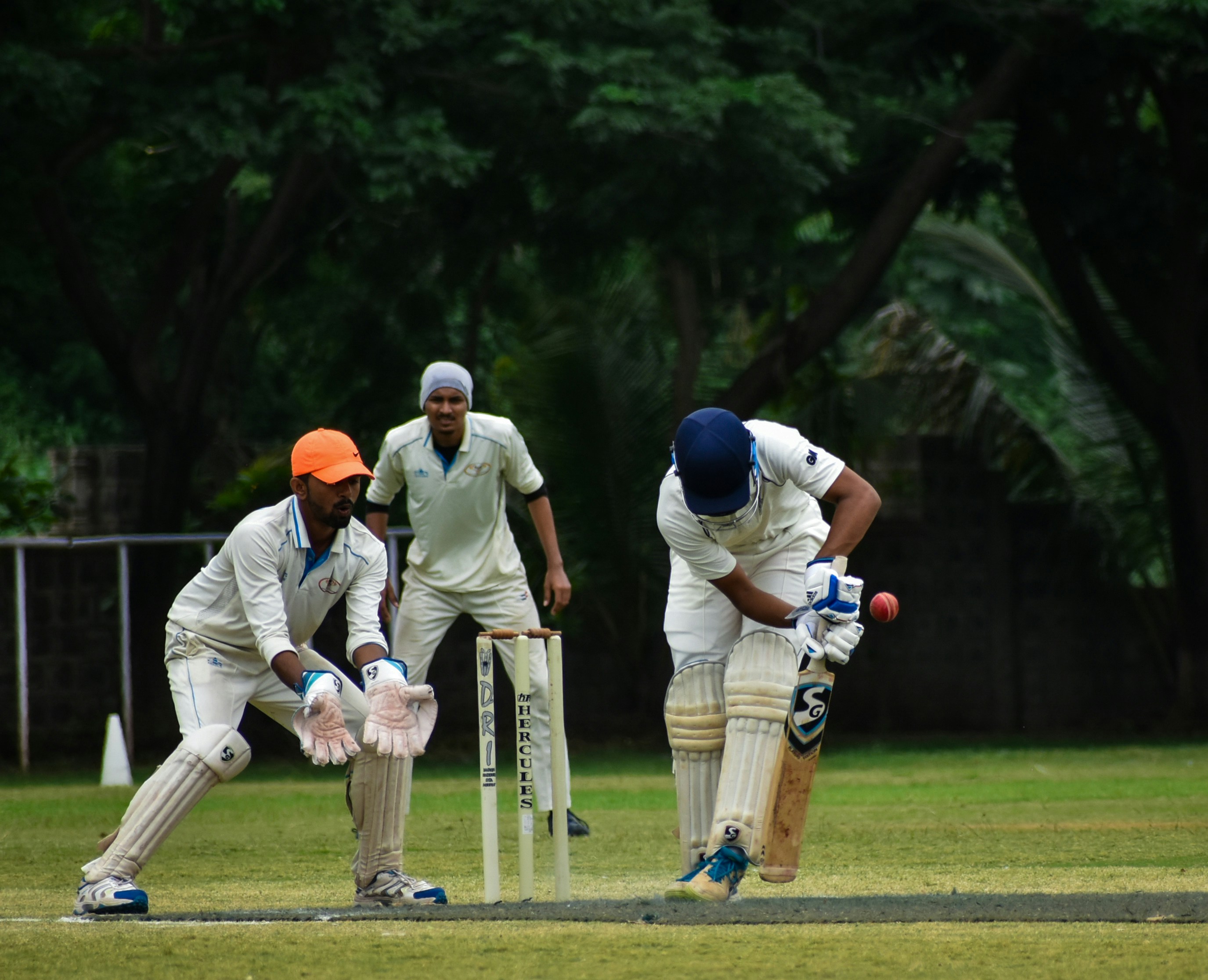
Book Name:
The anti-politics machine in India: State, decentralization and participatory watershed development
Author:
Vasudha Chhotray
Please note that this article may contain affiliate links !!!!
Professor James Ferguson’s critical and analytical book about the economic development and planning of the Southern African country Lesotho served as a turning point in the interpretation and analysis of the economic uplift and the resultant political participation of people in the political system of the country.
Professor Ferguson argued that we always see development and progress only in the Western context. High rise, shopping malls, luxurious items importing, and borrowing for economic development which is often squandered by the ruling elite of developing countries.
The main mistake that all economic planners made before this critical review of the failure of Lesotho’s agricultural development and economic uplift of this mountainous landlocked country was to ignore the social and cultural norms and values of the country to whom they are giving their aid or planning to execute an economic developmental project.
Using this lens, the book in discussion analyses the economy and economics of India where planners after independence try to view all economic uplift and strategy execution with a scientific stance ignoring social, cultural, and ethnic issues of such a diverse country like India!
The modus operand of these planners is to treat the growth and economic development of the country apolitically like a prescription of a physician knowing and suggesting what would be best for their patient.
The six-chapter book critically analyses how developmental and economic planners of India tried to uplift their culturally, politically and ethnically diverse country.
The very introductory chapter deals with the introduction of the anti-politics machine in India. The first and second chapters elaborate on the idea of the anti-politics machine and its role in Indian and Indian politics respectively. The third one enhances the Watershed development of India.
Also Read: Mutual mistrust on sure doomsday
How the Indian government tried to conserve and develop its agricultural and natural resources. The fourth one focuses on the dilemma of decentralization and how local and central power layers of the country intervene in it from time to time.
Both central, state, provincial, and local setups claim contrastingly. While local setup denies any support and beefing up from the state, provincial, or central governments. Each high tier boasts that they have given enough and immediate backup to the lower one.
Panchayat and Watershed committees were always have been hot battlegrounds both for the political and bureaucratic elite to intervene and manipulate them for their interests.
The fifth chapter revolves around it. The most pungent blame on democracy or participatory politics is the forced and coerced consent obtained by the strong ones who are powerful both in men and money.
The ruling elite assumes that they know everything better than those who are governed by them. This dialectical and opposing nature of Indian politics is analyzed in the sixth chapter of this book.
280-page book is a good and digesting read about Indian development in the paradigm of Professor Ferguson anti anti-politics machine.


